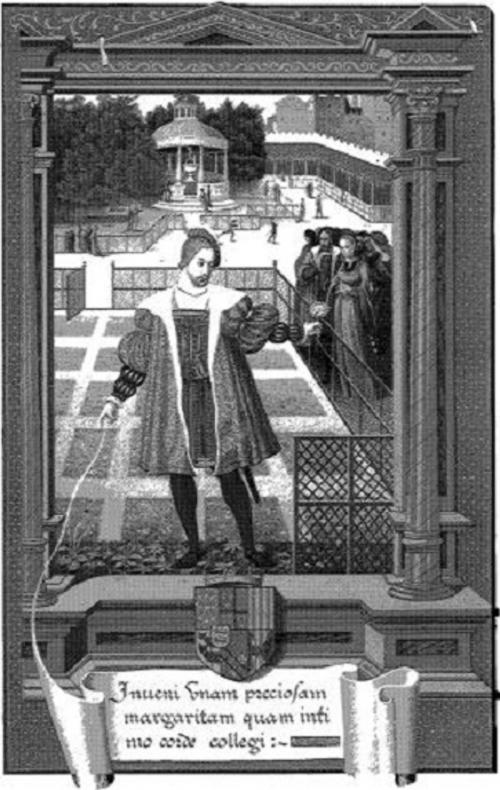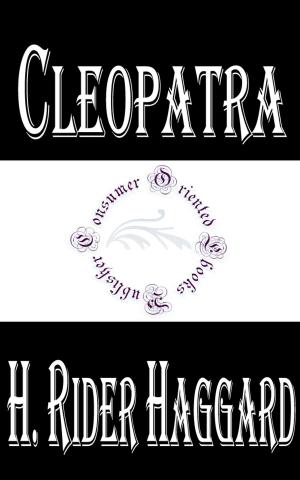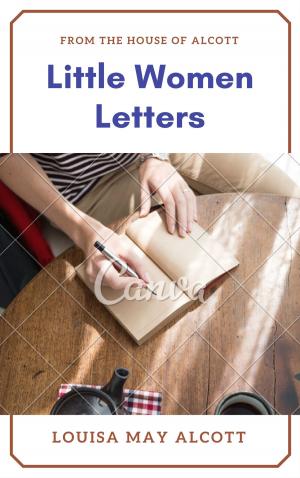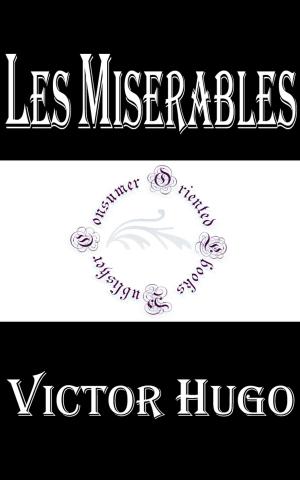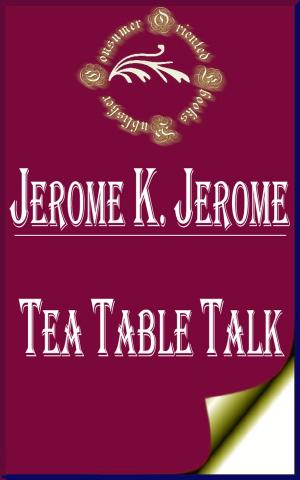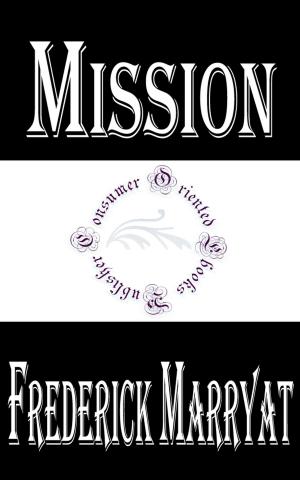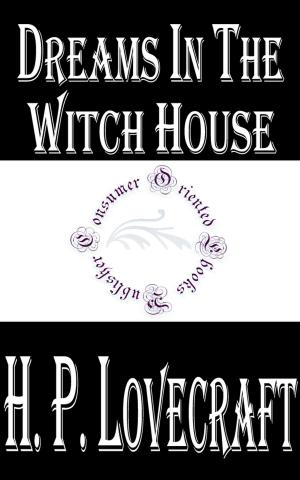Manners, Customs, and Dress During the Middle Ages and During the Renaissance Period
Nonfiction, Home & Garden, Crafts & Hobbies, Needlecrafts & Fabric, Fashion, History, Renaissance, Medieval| Author: | P. L. Jacob (Paul Lacroix) | ISBN: | 1230000307165 |
| Publisher: | Consumer Oriented Ebooks Publisher | Publication: | February 26, 2015 |
| Imprint: | Language: | English |
| Author: | P. L. Jacob (Paul Lacroix) |
| ISBN: | 1230000307165 |
| Publisher: | Consumer Oriented Ebooks Publisher |
| Publication: | February 26, 2015 |
| Imprint: | |
| Language: | English |
The several successive editions of "The Arts of the Middle Ages and Period
of the Renaissance" sufficiently testify to its appreciation by the
public. The object of that work was to introduce the reader to a branch of
learning to which access had hitherto appeared only permitted to the
scientific. That attempt, which was a bold one, succeeded too well not to
induce us to push our researches further. In fact, art alone cannot
acquaint us entirely with an epoch. "The arts, considered in their
generality, are the true expressions of society. They tell us its tastes,
its ideas, and its character." We thus spoke in the preface to our first
work, and we find nothing to modify in this opinion. Art must be the
faithful expression of a society, since it represents it by its works as
it has created them--undeniable witnesses of its spirit and manners for
future generations. But it must be acknowledged that art is only the
consequence of the ideas which it expresses; it is the fruit of
civilisation, not its origin. To understand the Middle Ages and the
Renaissance, it is necessary to go back to the source of its art, and to
know the life of our fathers; these are two inseparable things, which
entwine one another, and become complete one by the other.
The several successive editions of "The Arts of the Middle Ages and Period
of the Renaissance" sufficiently testify to its appreciation by the
public. The object of that work was to introduce the reader to a branch of
learning to which access had hitherto appeared only permitted to the
scientific. That attempt, which was a bold one, succeeded too well not to
induce us to push our researches further. In fact, art alone cannot
acquaint us entirely with an epoch. "The arts, considered in their
generality, are the true expressions of society. They tell us its tastes,
its ideas, and its character." We thus spoke in the preface to our first
work, and we find nothing to modify in this opinion. Art must be the
faithful expression of a society, since it represents it by its works as
it has created them--undeniable witnesses of its spirit and manners for
future generations. But it must be acknowledged that art is only the
consequence of the ideas which it expresses; it is the fruit of
civilisation, not its origin. To understand the Middle Ages and the
Renaissance, it is necessary to go back to the source of its art, and to
know the life of our fathers; these are two inseparable things, which
entwine one another, and become complete one by the other.
